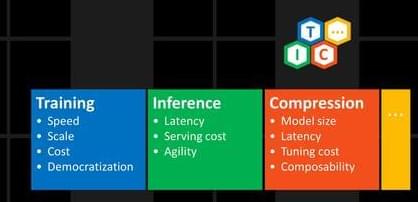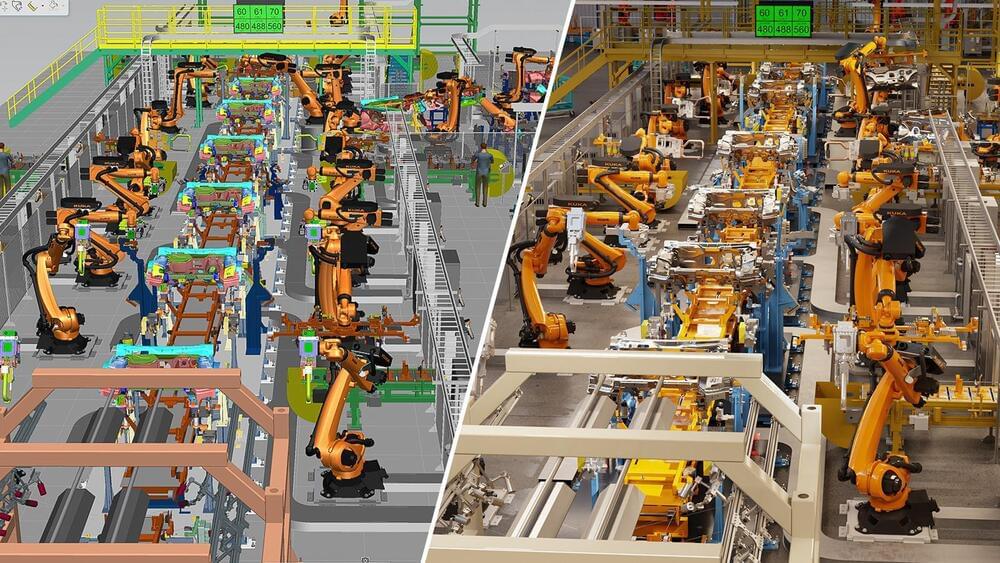Insider obtained documents that reveal the topics, goals and challenges discussed. Together, they show Amazon’s ambition to take on Google’s DeepMind, a pioneer in AI-powered scientific discovery. This could take Amazon from dabbling in healthcare services, and turn it into a potentially serious player in the future of medicine.
“The demarcation line between core Amazon/AWS business and life science and healthcare is shifting,” said Amazon scientist and senior solutions architect Sergey Menis, according to a transcript of his comments seen by Insider. “We are increasingly more specialized in healthcare and life sciences.” An Amazon spokesperson declined to comment.
Menis developed a nanoparticle that underpins a promising HIV vaccine candidate. He was joined at last week’s Amazon Machine Learning Conference by Amazon’s chief medical officer Taha Kass-Hout.








